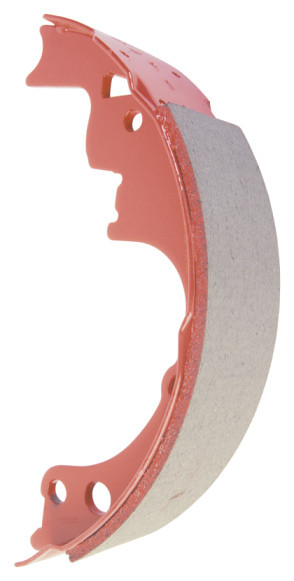
Even though the speed a car can travel is essential, it is just as essential to be able to stop if and whenever you want. Two types of brakes are available, and they’re drum brakes and disk brakes. These two braking systems are used for very different reasons, though both are effective. Conserve time and money by knowing what kind of brake system you need for automobile. Article source – Drum brakes vs. disc brakes – turning up the heat by Car Deal Expert.
Drum brake background
Drum braking systems are sometimes known as “rotating” braking systems. The basic design is one of a round “drum” that rotates along with the wheel. Press down on the brake pedal, and also the drum expands out, providing friction and slowing the wheel. The biggest problem with drum brakes is when they’re put under very heavy load on a regular basis, they can heat up and lose effectiveness easily.
The basics of disc brakes
Disc brakes really just look like some bikes on a bicycle. Two brake pads use a caliper to “squeeze” the wheel whenever you press on the brake. By keeping the brakes outside the wheel housing, the brakes tend to be more reliable by being air-cooled.
Disc versus Drum
When deciding between disc and drum, make certain you consider everything. Simplicity and cheapness are what people think of when thinking of drum brakes. Disc brakes, though, offer meatier braking power. Drum brakes are typically found in less costly or more economical automobiles. Sometimes there will be disc and drum brakes. Despite the fact that it is typically more expensive, having disc brakes for emergencies could be really helpful. Emergency brakes have to be installed also with less costly drum brakes. Disc brakes need replacing less than drum brakes although it costs less to replace drum brakes.